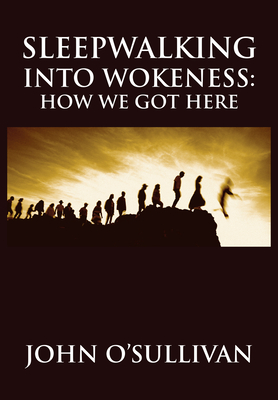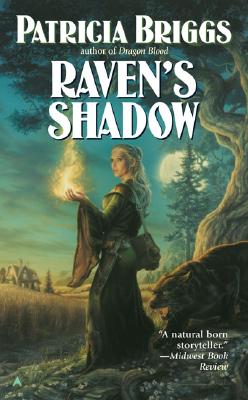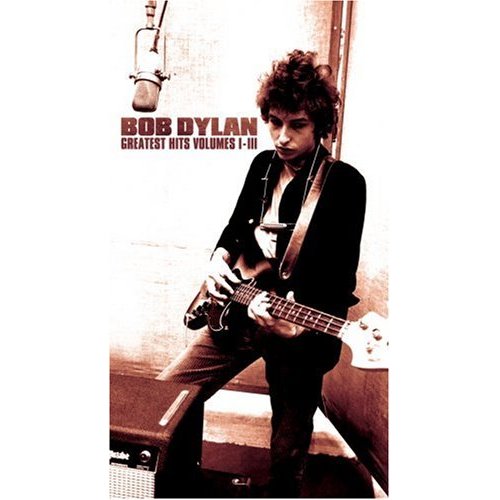
description
he penultimate stage of a revolution defined by "wokeness." What we call "partisanship" is essentially the effect of the late but growing realization of the revolution's opponents that they face a major threat to their interests, convictions, and ways of life. It is not the "wokerati," but their likely victims who are waking up. What they see is how a large number of social trends that may have posed little danger separately-mass migration made more divisive by multiculturalism; the rise of identity politics; the imposition of bureaucratic "diversity;" the collapse of Christianity and traditional religious restraints; the sexual revolution; the weakening of the family; radical gender theory and the rising hostility between the sexes; terrorism and its gradual accommodation by democratic governments and institutions; the smothering of national sovereignty by "global governance;" the rise of anti-national elites in Western societies; the post-communist crises of conservatism; the extraordinary recent resurrection of "socialism" as a social panacea among the young; the economic consequences of environmentalism-all have coalesced into a brewing social revolution that leaves most ordinary people feeling dispossessed in their countries and losing the future. In this series of essays written over the course of a storied career, John O'Sullivan, a former adviser to British Prime Minister Margaret Thatcher and editor of National Review shows how this revolution has emerged and how this revolution can be resisted.
member goods
No member items were found under this heading.
Return Policy
All sales are final
Shipping
No special shipping considerations available.
Shipping fees determined at checkout.







